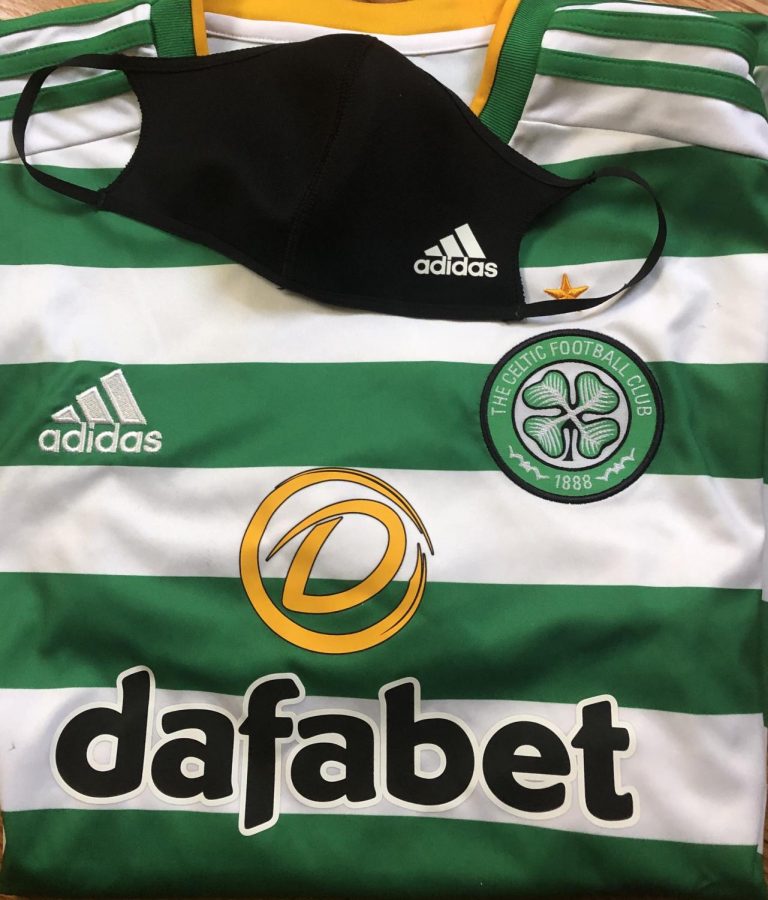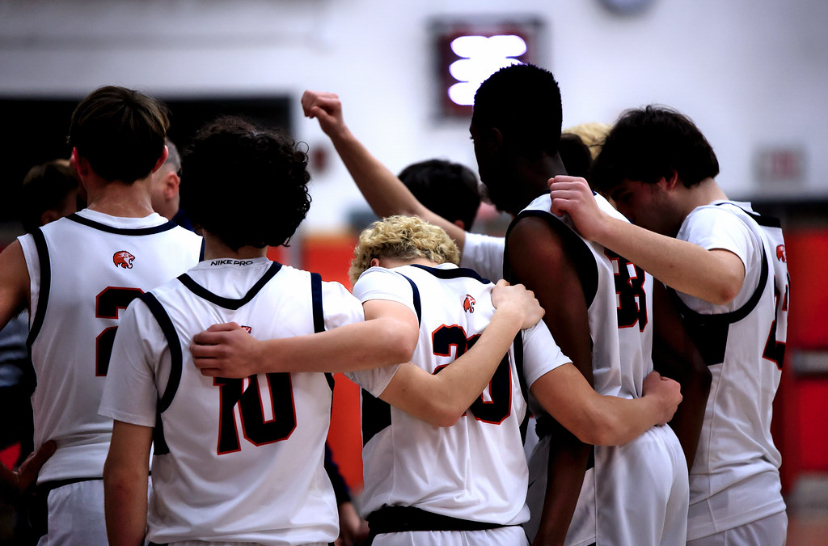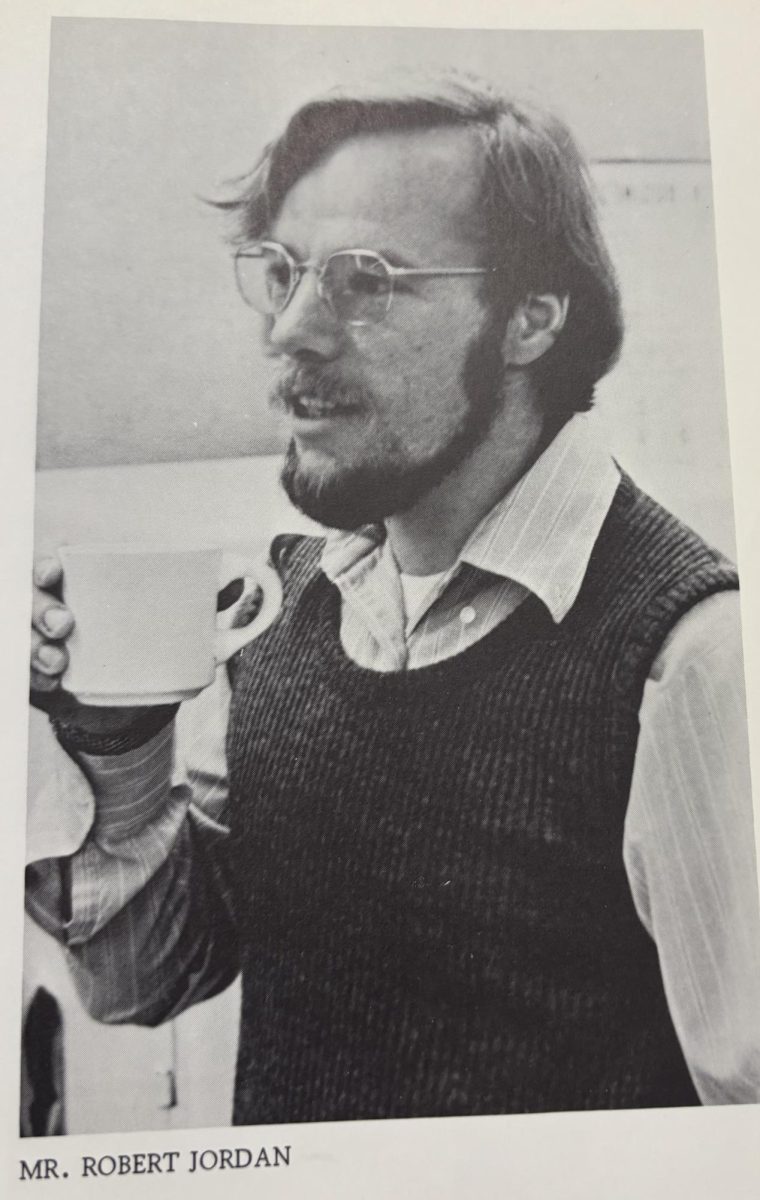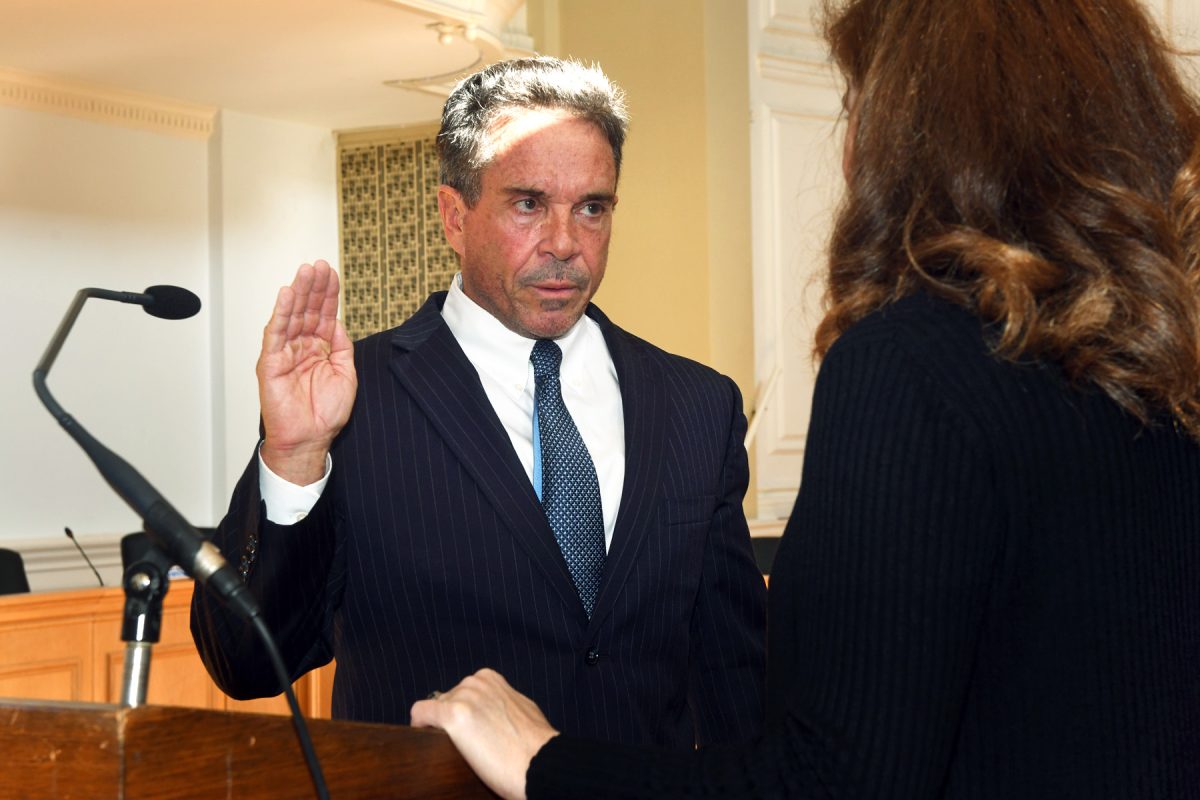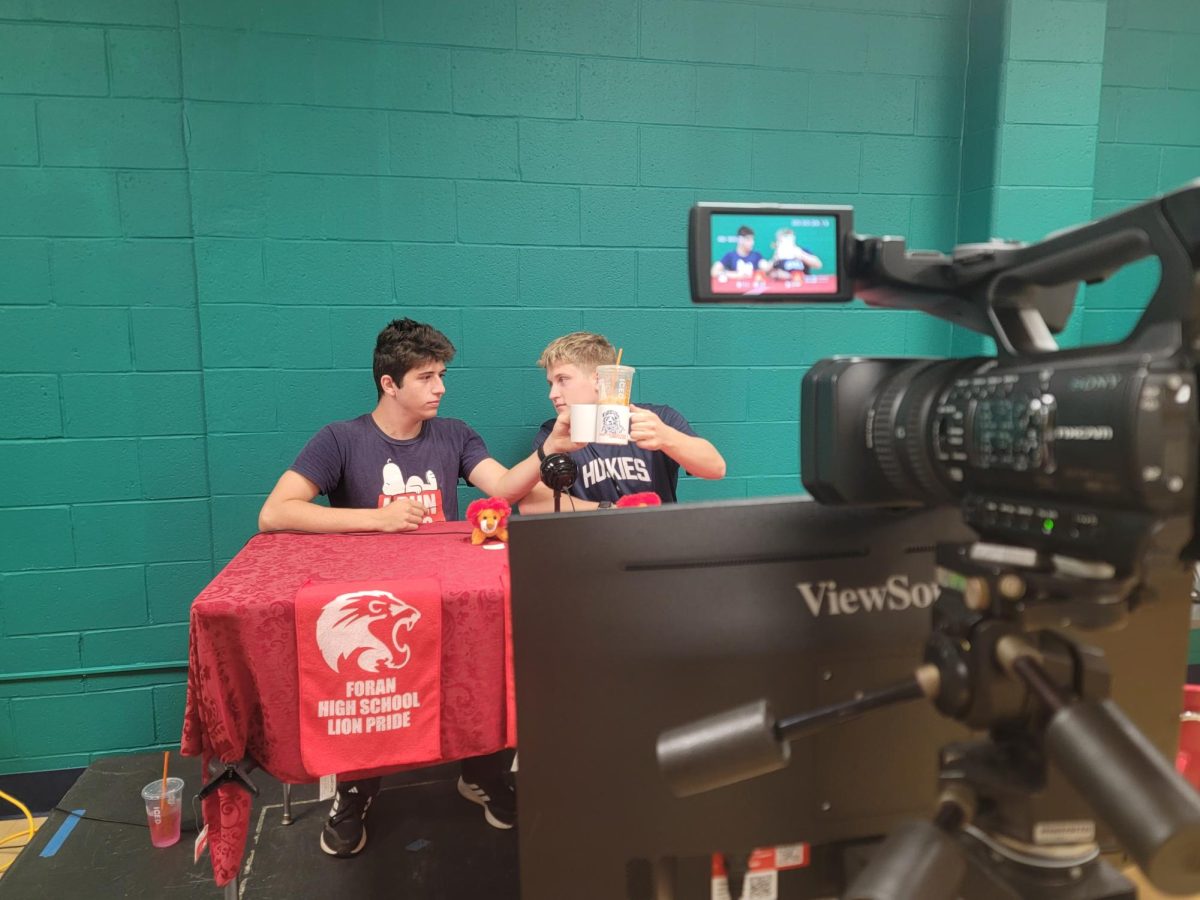Covid-19 Consequences: Soccer Adapts To Pandemic Changes
Scottish Club Celtic Home Shirt with an example of a mask that is worn on the bench during games. Photo Courtesy : Kevan Cogan. October 16 2020.
October 27, 2020
Covid-19 created many issues for soccer teams globally in the upcoming season. Teams have had to adjust to new guidelines and new ways of working behind the scenes.
Soccer clubs around the world took a major hit when the pandemic confronted the sport. Many clubs depend on the owners financial backing to pay their staff, players, and stadium, and when the window comes they need money to bring in big signings to improve the team.
This year many clubs have had to take a step back to reevaluate their strategy in the transfer window, since the covid pandemic is taking a huge toll on the financial capacity of their owners.
Clubs such as English team Arsenal Football Club have had to make cuts to some of the background staff with some taking a 12.5% pay cut according to ESPN and they most recently released the man behind the club mascot, Gunnersaurus, this shocked fans of the club due to the fact that Arsenal player, Mesut Ozil refused to take a pay cut despite the fact he earns 350,000 pound a week.
This differs from Chelsea Football Club who have thrived in the Covid world, the club received a transfer ban for two transfer windows in the last season which left them with a lot of money in reserve meaning they have not had to make any cuts to their staff and have also spent a lot of money on transfers for the club to bring in new players.
Clubs have had to lower the asking price for their players to be sold, which in turn has led to less money for the club than originally planned. With many clubs losing a large portion of their projected money, they had to take unfortunate steps that included layoffs of many staff members deemed non essential.
These layoffs are another extension of the coronavirus that have directly impacted jobs. ESPN reports that MLS soccer team, Real Salt Lake will “reduce salaries of all executives and staff, and decrease staffing levels across the organization, which includes furloughs for some employees.”
Real Salt Lake follow various teams in cutting staff but other teams have also had their players take cuts, according to CNBC, Lionel Messi and his teammates at Barcelona agreed to take a 70% pay cut to help the club in the financial troubles it is dealing with.
Covid-19 has not only changed the landscape of how soccer is conducted behind the scenes, but it has also affected players on the field and fans of the teams.
New Covid rules implemented by soccer leagues around the world have denied the majority of fans from attending games; attendance at games is now limited to commentators, owners, technical directors, managers and players of the teams.
This has brought a new feel to the games for players due to the lack of noise and atmosphere within the stadium. The fans are the soul of soccer games, and without the fans the stadium is filled with the shouts of players and managers compared to the singing and passion of the fans.
Senior Anna Byers states, “As someone who has attended professional sports games before, it’s a completely different feel than just watching on tv. Something about being surrounded by people cheering as loud as they can and watching your team live and in person makes the experience unforgettable. It’s crazy to think about how before march, stadiums were jam packed with fans cheering on their favorite teams, and now we watch games from home hearing fake crowd sounds to drown out the silence. The COVID protocols and rules are starting to become a “new normal”, which will definitely make going to professional games different than ever before.”
The new rules are not only providing new ways of looking at the game from players/fans but also coaches of the sport.
Foran Boys Soccer Head Coach Rick DiStefano commented, “ Covid has certainly changed the landscape of work football beyond the obvious financial implications. Football is intrinsically tribalistic and culturally embedded in the fabric or the communities in which the club plays. Far more so than in the U.S. Having supporters in the stands singing and chanting is integral in the success of the clubs on match day. The silence of the grounds in current times is eerily deafening in its absence.
To lend credence to the tribalistic nature of club football the late Bill Shankly, former Liverpool manager, summed it up as best as I can remember, “ People say that football is a matter of life or death, I can assure you that it’s much more than that.”
The sport took a break during the summer months due to the Covid pandemic, but in September the major leagues in world soccer began to reemerge into society. After months of working with government officials and citizens to figure out the safest way for soccer to return, the leagues have begun their season.
Many of the leagues have come back with new rules regarding the spacing of players on the field and the requirement of wearing masks when you are not actively playing. These precautions are being enforced in order to maintain social distancing and prevent the spread of Covid.
The leagues have come back with the knowledge that, should a large outbreak occur due to the sports return, they may yet again be cancelled or postponed. The intention for the sport is that all major leagues will run from September through to May. The FA stated that “We’ve been working hard over recent weeks to prepare guidelines for the safe return of football and, following Government approval, these can now be published.”


